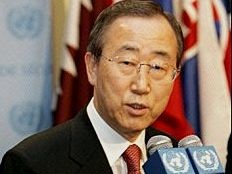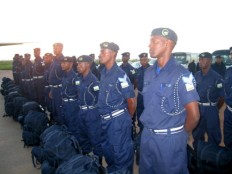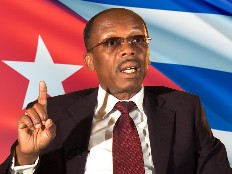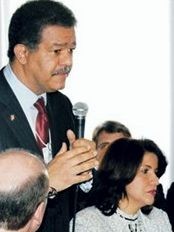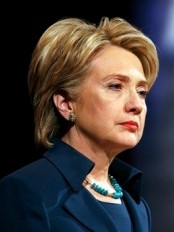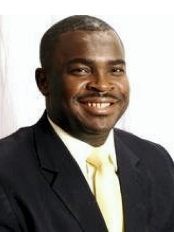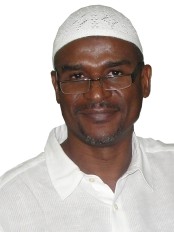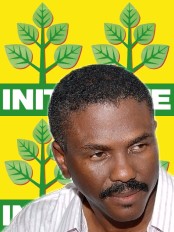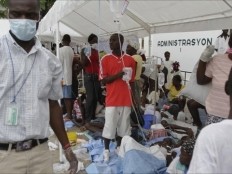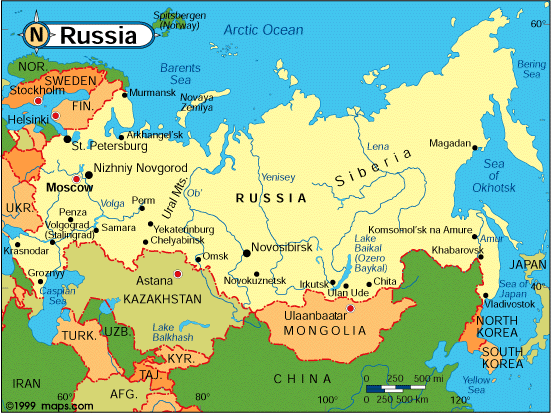Regional ruling party headquarters is torched amid renewed protests, as death toll from unrest crosses 90.
 |
| Protesters in Egypt are calling for "regime change, not cabinet change", our correspondent said [GALLO/GETTY |
he ruling party's headquarters in the Egyptian city of Luxor has been torched as tens of thousands of protesters return to the streets in several cities following overnight demonstrations staged in defiance of a curfew.
Thousands of demonstrators gathered in Tahrir Square and outside the offices of state television in the Egyptian capital, Cairo, on Saturday, shouting "Go away, go away!".
Similar crowds were gathering in the cities of Alexandria and Suez, Al Jazeera's correspondents reported.
In Alexandria, our correspondent Rawya Rageh reported that scores of marchers were calling on Egyptian president Hosni Mubarak to step down.
"They are calling for regime change, not cabinet change," Rageh said.
She said that they were blocking traffic and shouting "Illegitimate, illegitimate!"
The Reuters news agency reported that police had fired live ammunition at protesters, but there is no independent confirmation of that report.
In Suez, Al Jazeera's Jamal ElShayyal reported that 1,000-2,000 protesters had gathered, and that the military was not confronting them.
ElShayyal quoted a military officer as saying that troops would "not fire a single bullet on Egyptians".
The officer also said the only solution to the current unrest was "for Mubarak to leave".
ElShayyal said that 1,700 public workers in Suez had gone on an indefinite strike seeking Mubarak's resignation.
The latest protests reflected popular discontent with Mubarak's midnight address, where he announced that he was dismissing his government but remaining in power.
The several hundred protesters in Tahrir Square demonstrated in full view of the army, which had been deployed in the city to quell the popular unrest sweeping the Middle East's most populous Muslim country since January 25.
They repeatedly shouted that their intentions were peaceful.
According to the Associated Press, the road leading from Tahrir Square to the parliament and cabinet buildings has been blocked by the military.
Al Jazeera's Jane Dutton, reporting from Cairo, said the normally bustling city looked more like a warzone early on Saturday morning.
Tanks have been patrolling the streets of the capital since early in the morning, and a statement from the Egyptian armed forces asked citizens to respect the curfew and to avoid congregating in large groups.
An extended curfew has now been ordered by the military, running from 4pm to 8am local time, in Cairo and other major cities.
 |
Protests continued throughout the night, with
demonstrators defying a nighttime curfew [EPA] |
State television is also reporting that all school and university exams have been postponed.
Rising death toll
Cities across Egypt witnessed unprecedented protests on Friday, with tens of thousands of protesters taking to the streets after noon prayers calling for an end to Mubarak's 30-year rule.
The number of people killed in protests is reported to be in the scores, with at least 23 deaths confirmed in Alexandria, and at least 27 confirmed in Suez, with a further 22 deaths in Cairo.
Al Jazeera's Rageh in Alexandria said that the bodies of 23 protesters had been received at the local morgue, some of them brutally disfigured.
She added that human rights activists had reported that a further 13 bodies were present at the general hospital.
ElShayyal, our correspondent in Suez confirmed 27 bodies were received at the morgue in Suez, while Dan Nolan, our correspondent in Cairo, confirmed that 22 bodies were present at a morgue in Cairo.
More than 1,000 were also wounded in Friday's violent protests, which occurred in Cairo and Suez, in addition to Alexandria.
Dutton, in Cairo, said the number of the people on the streets "increased after president Hosni Mubarak's speech shortly after midnight".
Regarding the situation in the capital on Saturday morning, she said "there is broken glass everywhere ... a lot of the burnt out shells of the police cars have been removed but you are aware that there were hours and hours of skirmishes on the streets of the capital city [last night]".
The ruling National Democratic Party's headquarters in the capital is still ablaze, more than 12 hours after it was set alight by protesters.
The Egyptian army said it had been able to secure the neighbouring museum of antiquities from the threat of fire and looting, averting the possible loss of thousands of priceless artefacts.
Armoured personnel carriers remain stationed around the British and US embassies, as well as at the state television station.
Some mobile phone networks resumed service in the capital on Saturday, after being shut down by authorities on Friday. Internet services remain cut, and landline usage limited.
Authorities had blocked internet, mobile phone and SMS services in order to disrupt planned demonstrations.
'Mobs' and 'criminals'
Maged Reda Boutros, a member of the ruling National Democratic Party, told Al Jazeera that the political regime in Egypt was "admitting" that it was not meeting the expectations of the people, and that was why the cabinet was resigning.
"It shows a response to the demands of the people," he said.
He alleged that the protests have been taken over by "mobs" from the "lower part of the society", who are now engaged in "burning, looting and shooting".
"Now it has turned from a noble cause to a criminal cause," he said, saying that most of those involved in the protests were criminals.
He said that half of those killed are members of the security forces, who died while acting in self defence.
"People should wait and see what's going to happen. But if they continue doing protests and letting those criminals loose in a large city of 17 million people ... we cannot play with the stability of the country."
Mohamed ElBaradei, a leading opposition figure, told Al Jazeera that protests would continue until the president steps down. He also stressed that the political "system" will have to change in Egypt before the country can move forward.
He termed president Mubarak's speech "disappointing", and called on him to resign. The former head of the International Atomic Energy Agency (IAEA) also expressed "disappointment" with the US reaction to the protests, though he did stress that any change would have to come from "inside Egypt".
He said that Mubarak should put in place an interim government that would arrange free and fair elections.
ElBaradei added that he was not aware of his reported house arrest.
Friday's demonstrations involving tens of thousands of people were the biggest and bloodiest in four consecutive days of protests against Mubarak's government.
source :
Al Jazeera Agencies

